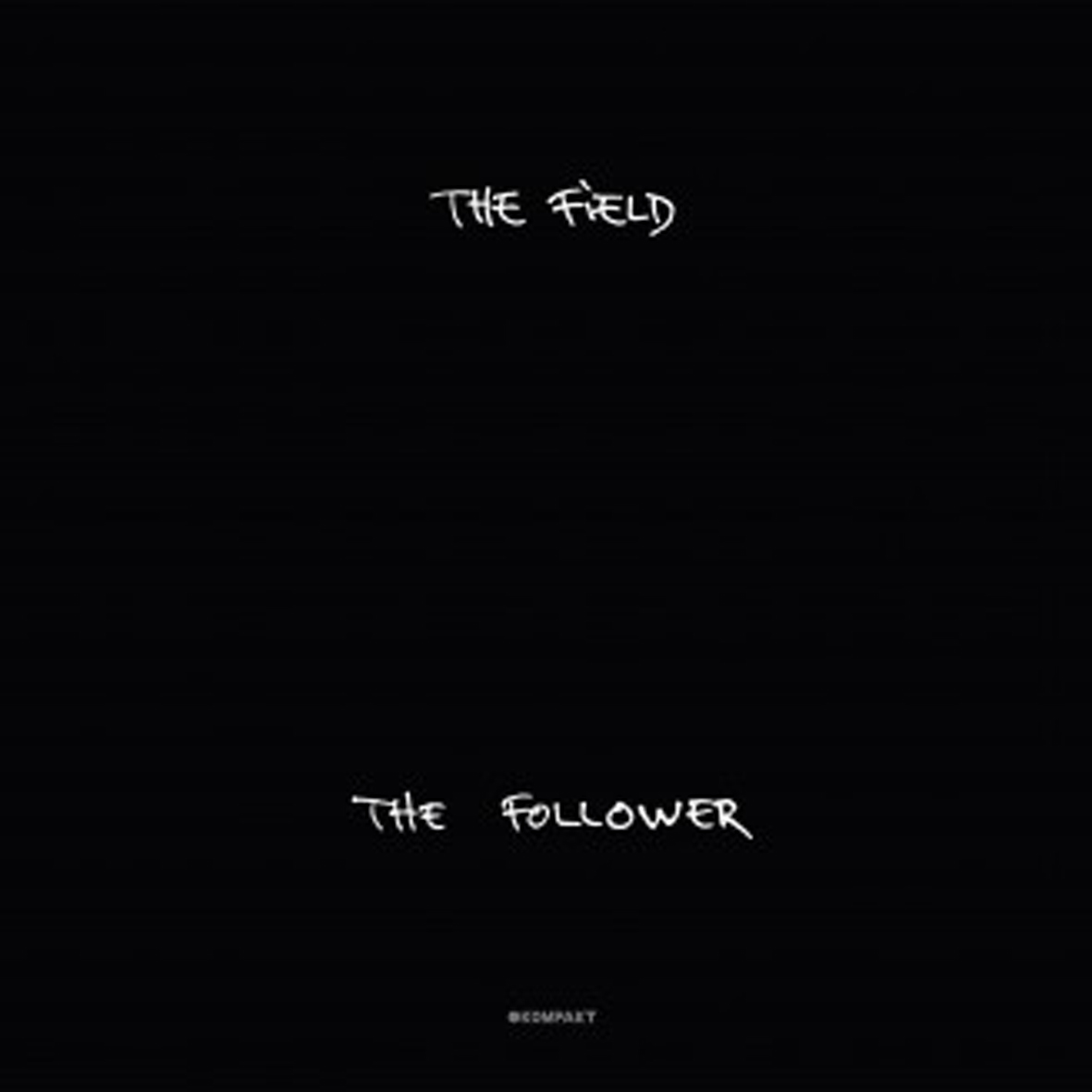 I have a curious relationship with Axel Willner’s music, as I have always thought that he is kind of brilliant, but generally too perfect, poppy and dancefloor-focused to appeal to my personal sensibilities.  Also, I keep forgetting that he even exists for some reason, so I am continually surprised every time that he releases a new album and I discover that I like it.  Predictably, I am most drawn to his darker, weirder side, which previously peaked with Cupid’s Head’s stellar "No.  No…"  Every album by The Field has a couple of great songs though and The Follower is no exception to that trend.  In fact, it is probably my favorite of Willner's albums to date, as it is as flawlessly crafted as ever, but considerably more shot through with ghostly textures and undercurrents of melancholy than I ever would have expected.
I have a curious relationship with Axel Willner’s music, as I have always thought that he is kind of brilliant, but generally too perfect, poppy and dancefloor-focused to appeal to my personal sensibilities.  Also, I keep forgetting that he even exists for some reason, so I am continually surprised every time that he releases a new album and I discover that I like it.  Predictably, I am most drawn to his darker, weirder side, which previously peaked with Cupid’s Head’s stellar "No.  No…"  Every album by The Field has a couple of great songs though and The Follower is no exception to that trend.  In fact, it is probably my favorite of Willner's albums to date, as it is as flawlessly crafted as ever, but considerably more shot through with ghostly textures and undercurrents of melancholy than I ever would have expected.
One aspect of Willner's artistry that I find endlessly fascinating is his ability to brazenly embrace hackneyed techno tropes, yet still find a way twist them into something surprising and original.  Obviously, I would prefer it if he jettisoned rigid predictability altogether, but Willner's artistic decision to be creative and experimental within very limited "pop" structures is endearingly perverse.  A prime example of this aesthetic is the opening title piece, which takes a simple house-inspired kick drum and a very "trance" sequencer pattern and uses them as a propulsive foundation for a spectral, stuttering hook.  It is not exactly a revelatory feat, but it is an impressively nuanced one and it admittedly sounds quite great once the push-pull bass pulse kicks in.  There are also some unexpectedly dissonant howls of feedback near the end, making "The Follower" a wonderfully and covertly subversive bit of thumping, well-produced dance music.  Elsewhere, however, Willner steps more firmly into the ambient/dance grey area that he has staked as his own.  "Pink Sun" is probably the weakest of the lot, but it is still quite imaginative, bolstering yet another formulaic house beat with chopped-up, whispered vocal snippets and languorous, woozy guitar motif.  It never quite catches fire, but it shows that even Willner's most subdued and overly slick pieces often have some good ideas at their core.
Impressively, "Pink Sun" is the only real misstep/filler on an otherwise stellar album, as each of the remaining four pieces is exceptional in its own way.  The most obvious highlight among them is "Monte Verità," which combines several obsessively repeating and stuttering loops to wonderfully haunting and hooky effect.  There are also some echoing snatches of speech in the background to nicely enhance the hallucinatory tone.  In fact, I suspect this might be the triumphant birth of Hauntological Disco.  The following "Soft Streams" is even more spectral, slowing down the pace to a pleasantly dubby crawl to make space for a wonderful array of floating and panning voices.  "Raise the Dead," on the other hand, reprises the "Monte Verità" formula of a thumping kick drum pulsing beneath a gorgeous host of skipping loops, but does so in a much more understated and slow-burning fashion.  Finally, the closing "Reflecting Lights" takes The Field’s aesthetic in an unexpectedly divergent direction, stretching out for 14-minutes and gradually transforming from warm and hazy near-ambient drift into a considerably more interesting locked groove/skipping CD motif.  It admittedly comes dangerously close to leaving me cold, as Willner spends a little more time on the toothless ambient side of the spectrum than I would prefer.  Once the chord changes start to transform the final "locked groove" theme, however, "Lights" feels gorgeous and epic enough to make me forget how long it took to get there.
As far as I am concerned, the only significant flaw with The Follower is that "Pink Sun" is a 9-minute lull that immediately threatens the momentum begun with the title piece.  It is hard to be too disappointed in that though, as that still means that five of The Follower’s six songs are excellent.  That is a quite an impressive hit-to-miss ratio.  I suppose I also miss some of the impish humor that found its way into some of The Field’s earlier work, but I do not think it would have sat easily within The Follower’s darker mood.  This just is not the proper place for Lionel Richie samples.  Even without trying to inject humor into these pieces, however, Willner had quite a difficult balancing act on his hands, he is essentially two completely different artists: one fun and hook-savvy dance producer and one guy who is hell-bent on concocting the perfect hybrid of prime Oval and classic dub-techno.  Those two threads seem inherently incompatible and would lead most artists into the side-project route, but Willner seems to see reconciling those two sides as an endlessly appealing challenge.  More often than not, it works: experimental music is rarely this fun and pop music is rarely this experimental.  This is a niche that The Field owns quite conclusively and The Follower is one of the Willner's finest albums.
Samples:
 
Read More

